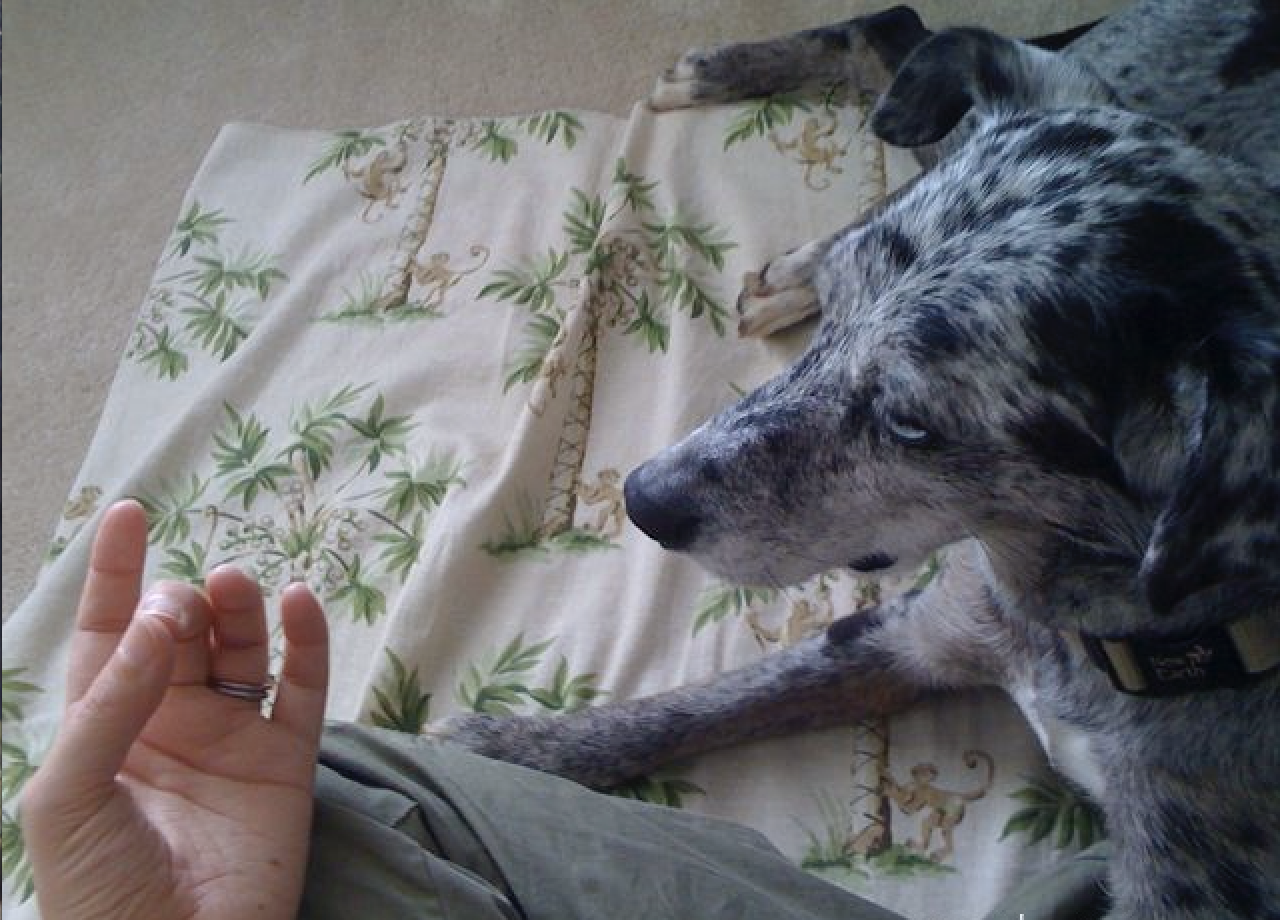How to love someone who has anxiety
/
"What should I say?"
I get this question a lot. It almost always comes up when I do speaking events at colleges and conferences. During the Q&A, an incredibly kind and thoughtful person stands up and says, "I don't have anxiety, but my partner/friend/parent/kid does. How do I help them?"
I first tell them they are pretty much an angel walking around among us. They care so much that they came to a talk about someone else's issue just so they could learn to help. I hope that a million blessings fall on their heads.
Then I say that I don't have a one-size-fits-all answer, but I can tell them what helps me when I'm in the middle of an anxiety spiral:
Ask if there is anything you can do
99% percent of the time, I'm going to say there is nothing you can do. But it's going to make me feel loved and supported that you asked. And on the occasion that I really do need something (Can you bring over dinner? Meet me at the gym for a workout? Get me out of this social obligation?) I'll know you actually mean it.
Understand that I don't need you to fix anything
Most of the time, I just need to explain what is in my head and have someone hold my hand and say something like, "ugh, I'm sorry, that sucks." Please know there is zero pressure on you to fix whatever is going on. And you definitely don't need to fix me. I'm not broken. I'm just a girl with some anxiety.
Let me cry
Crying is good for me - it's a release valve. Trying to shove those emotions down is much worse than just crying it out for a little while. If you can just sit with me through the uncomfortable ugly cry and maybe get me another Kleenex, that is incredibly meaningful.
Tell me you get it, that you've been here (if you really mean it)
This is a controversial one. I frequently see the advice that you shouldn't tell a struggling person your own stories of struggle or say that you know how it feels. But personally, I love it when someone does that. It makes me feel less alone to know that other people have had to deal with this shit, too. It reminds me that things won't always feel this hard. So use your own judgment with this one. But always make sure that you are listening first, and sharing your experience as a distant second.
Be silly with me
Lightening things up always helps me put things in perspective. Not in dismissive "it could be worse, you could be a Rohingya refugee" kind of way -- but let me know we can laugh together and it's not always about my anxiety. Cute animal memes or cuddling up together for an Arrested Development marathon might seem frivolous, but it can help to stop the Doom Spiral.
Text to check in the next day
The "Just thinking of you and sending a hug" text is a wonderful thing. A well-timed heart emoji has been known to turn my entire day around. For many of us with anxiety, we worry that people will decide that we're annoying or overreacting or just too much to handle. A quick check-in lets me know that you're still here, that my anxiety didn't freak you out, that you love me for who I am, which is so much bigger than the anxiety. (And you know that phone anxiety is a legit thing for some of us, right? So yeah, a text is better than a call.)
It's not easy to love someone with anxiety. So to all those friends and family members who care to learn and support us -- thank you. We're grateful from the bottom of our anxious little hearts.
**Want to read more from me about anxiety and depression? I wrote a whole book on the topic -- Not Just Me: Anxiety, depression, and learning to embrace your weird. **
Have additional ideas that have been useful to you? Please leave them in the comments!
————– You can leave a comment here, or join us on Facebook, Instagram, or Twitter!
You might also like:





 The search for a deeper understanding of self is both inherently natural and completely exhausting.
The search for a deeper understanding of self is both inherently natural and completely exhausting.
